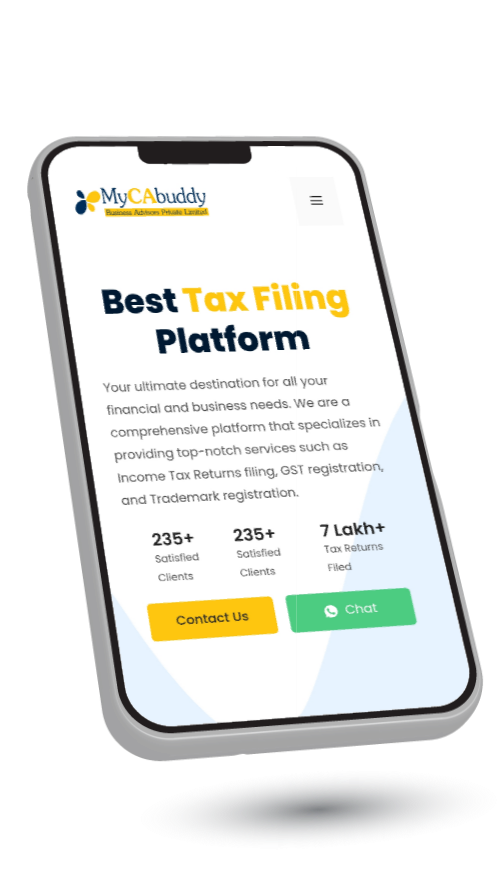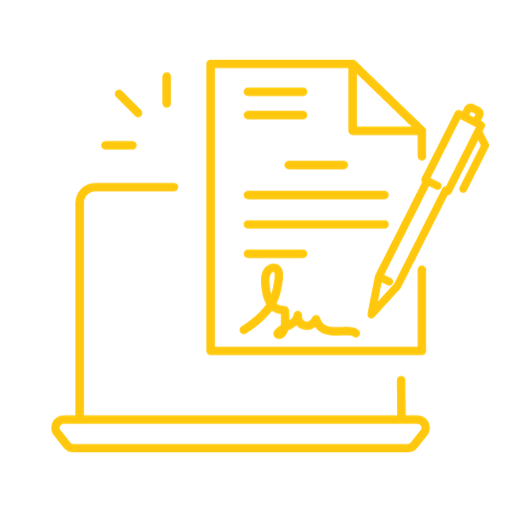Trademark Assignment Services with MyCAbuddy
Trademark assignment is the process of transferring ownership rights of a trademark from one party to another. At MyCAbuddy, we offer comprehensive trademark assignment services to facilitate smooth and legal transfer of trademark ownership.
Types of Trademark Assignment
- Complete Assignment: Transfer of all rights in the trademark to another party, including royalties and further transfer rights.
- Partial Assignment: Transfer of trademark rights limited to specific goods or services.
- Assignment with Goodwill: Transfer of trademark rights along with associated goodwill, allowing use across various products or services.
- Assignment without Goodwill: Transfer of trademark rights without associated goodwill, with restrictions on use.
Trusted by experts and businesses
Apply for Trademark Assignment
Pre-Requisites for Trademark Assignment
- Written agreement between the assignor (current owner) and the assignee (new owner).
- Consent of the assignor for the assignment.
- Proper consideration for the assignment.
- Intent of both parties to transfer ownership.
Trademark Assignment Agreement
Our experts help draft legally binding trademark assignment agreements, ensuring clarity and protection of rights. Key points covered in the agreement include:
- Clear identification of the parties involved.
- Specification of whether the assignment includes goodwill.
- Purpose and scope of the assignment.
- Geographical limitations, if any.
- Transfer of rights to collect damages for infringements.
- Execution formalities, including stamping and notarization.
Process of Trademark Assignment
- Agreement between assignor and assignee.
- Filing of trademark assignment application (Form TM-P) with the registrar of trademarks.
- Advertisement of the assignment as directed by the registrar.
- Submission of advertisement copy and registrar’s direction to the trademark office.
- Registration of the assignee as the new proprietor of the trademark.
Documents Required for Trademark Assignment
- Trademark assignment agreement.
- Trademark certificate.
- No Objection Certificate (NOC) from the assignor.
- Identification documents of both parties.
Benefits with us
Work smarter, save money, and get expert guidance. We’re here to help you succeed.
- Streamlined Registration Process
- Compliance Assurance
- Cost Efficiency
- Employee Welfare
- Expert Guidance

Restrictions on Trademark Assignment
- Parallel Use Restriction: Prohibits exclusive rights in different persons for the same/similar products or services.
- Multiple Territorial Use Restriction: Prevents exclusive rights in different parts of India or outside India for the same/similar products or services.
Benefits of Trademark Assignment
- Enables monetization of brand value for the assignor.
- Grants rights to an established brand for the assignee.
- Supports business expansion for both parties.
- Establishes legal rights and resolves disputes effectively.
Trademark Assignment FAQs:
How does trademark assignment benefit both parties involved?
Trademark assignment allows the assignor to monetize their brand while granting the assignee rights to an established brand, supporting business expansion for both.
What are the key components of a trademark assignment agreement?
A trademark assignment agreement should specify the parties involved, scope of the assignment, consideration, and execution formalities.
What are the restrictions on trademark assignment?
Restrictions include parallel use and multiple territorial use, aimed at preventing confusion and exclusive rights conflicts.
What documents are required for trademark assignment?
Required documents include the assignment agreement, trademark certificate, NOC from the assignor, and identification documents of both parties.
How long does the trademark assignment process take with MyCAbuddy?
The process typically involves drafting the agreement, filing the application, and registration, which can be completed within a reasonable timeframe, ensuring efficient transfer of ownership.

